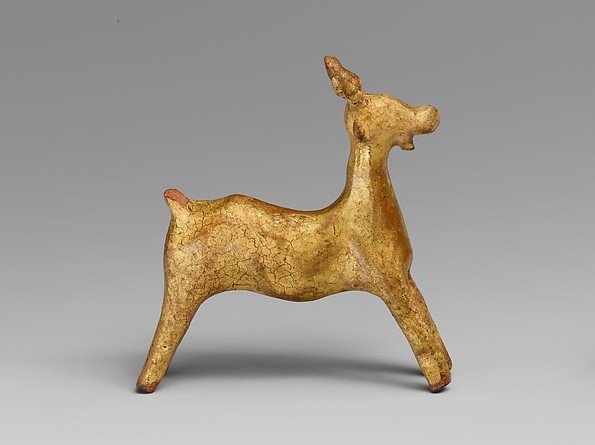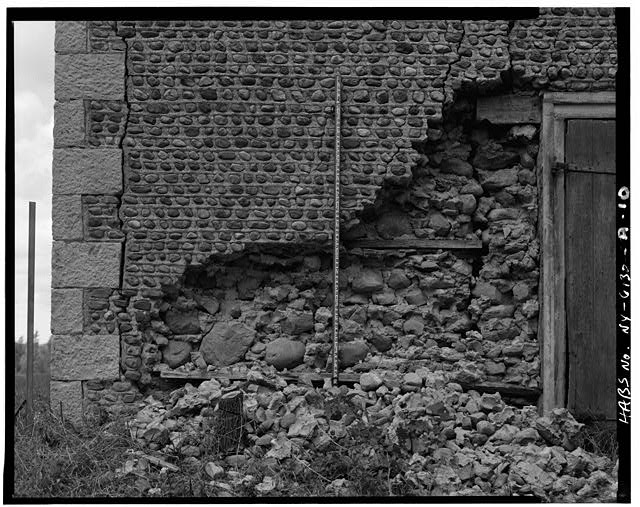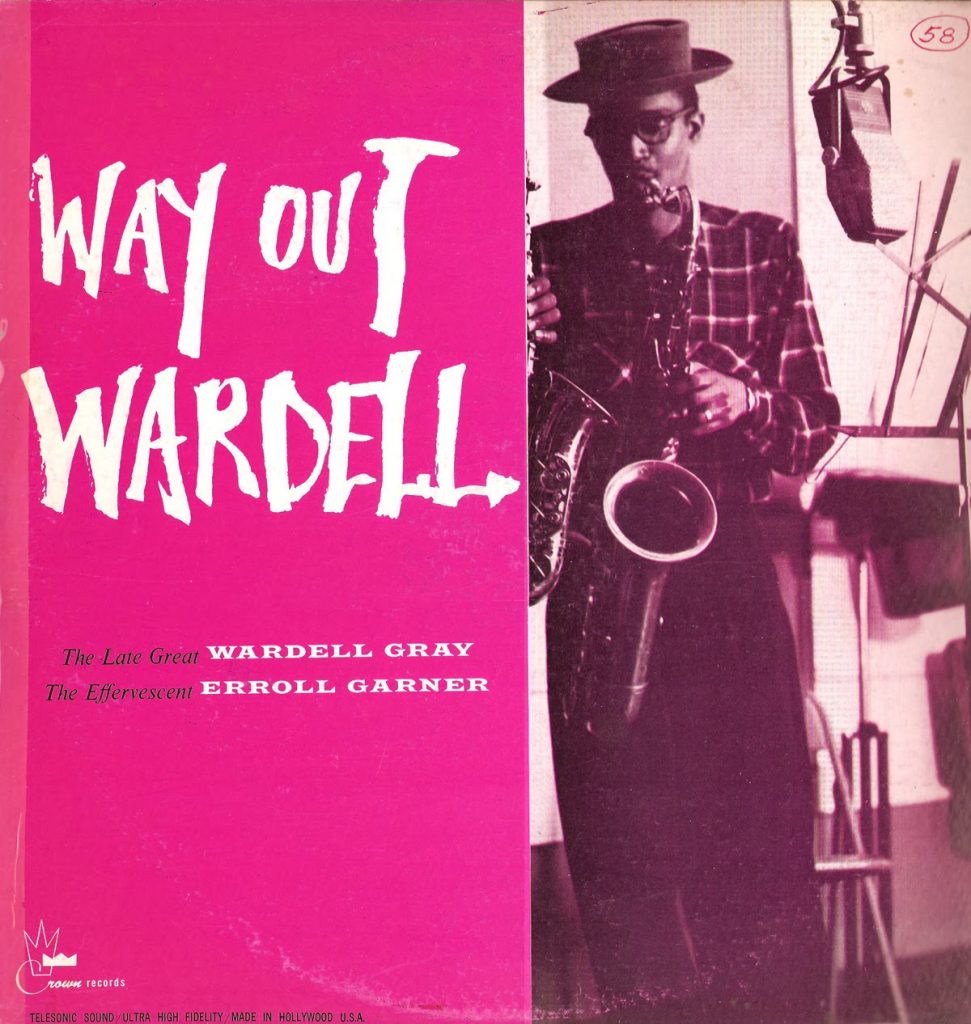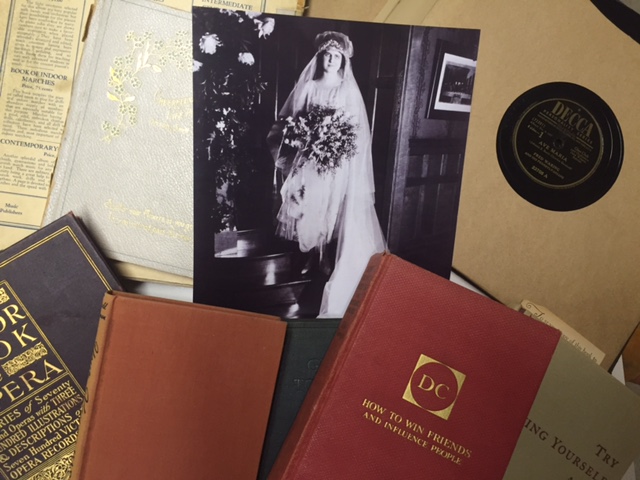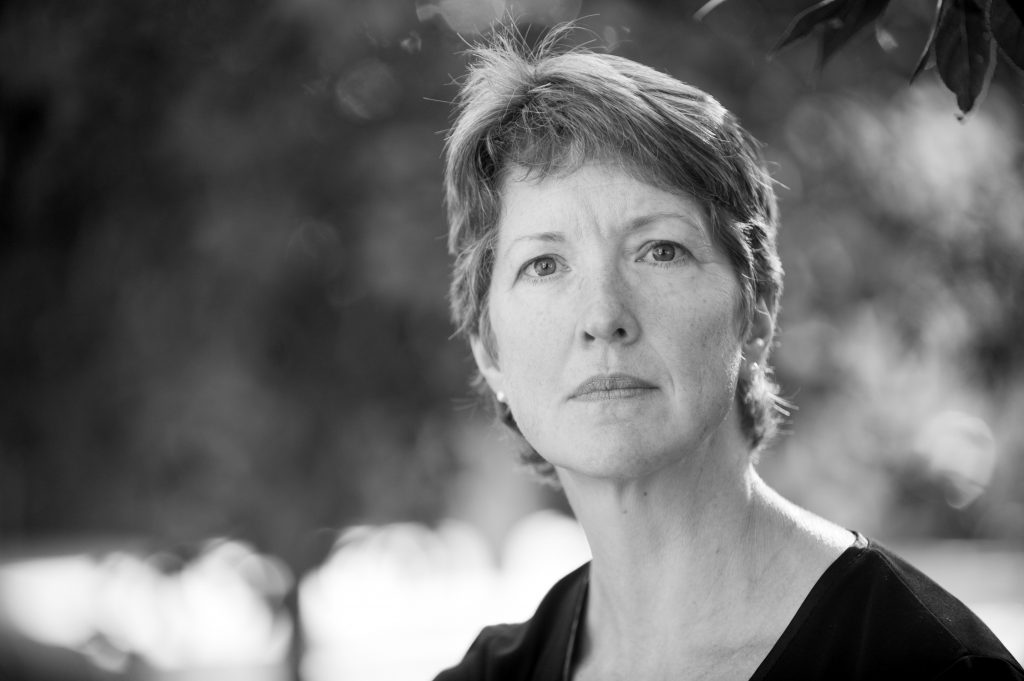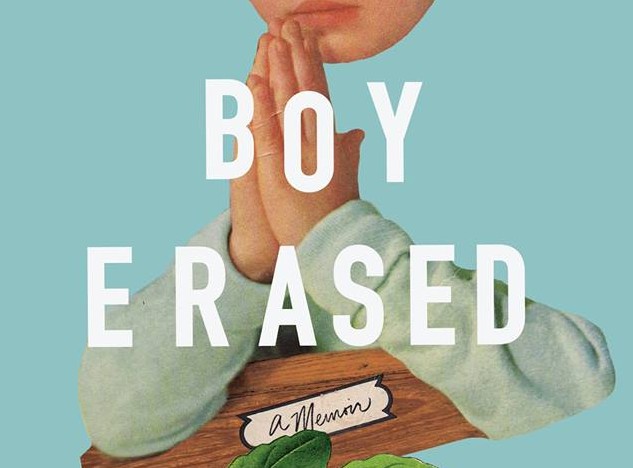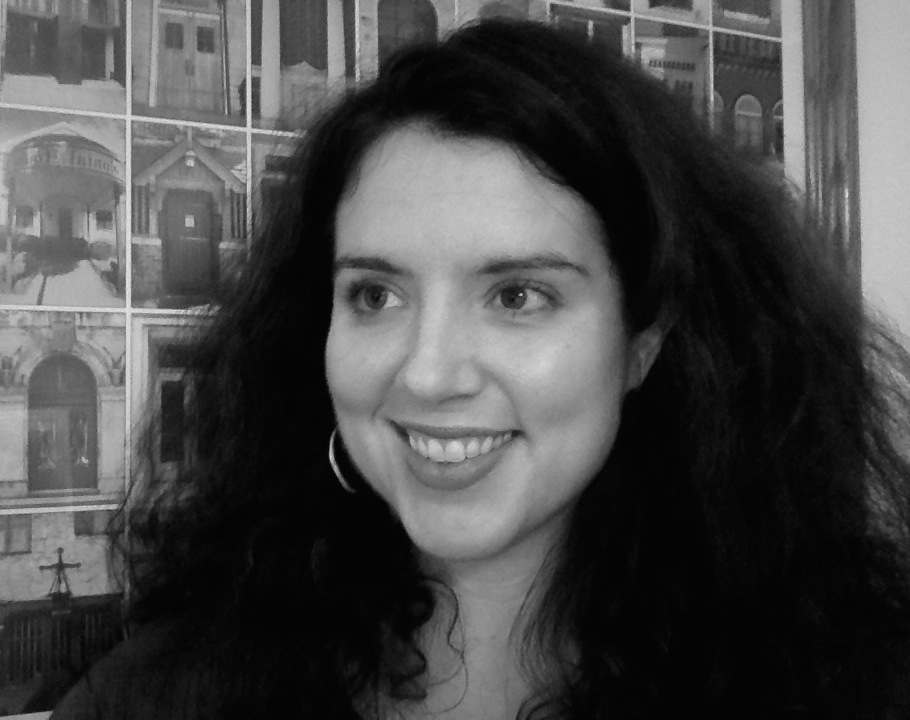A Return to Presence
Ernest Hemingway famously said, “There is nothing to writing. All you do is sit down at a typewriter and bleed.” Openness, presence—that’s the secret. It’s understandable, then, why so many writers crave a set time and space to write with no distractions, no peripheral commitments, and sometimes no human interaction whatsoever to engage most fully in the solitary act of writing.
A Return to Presence Read More »


